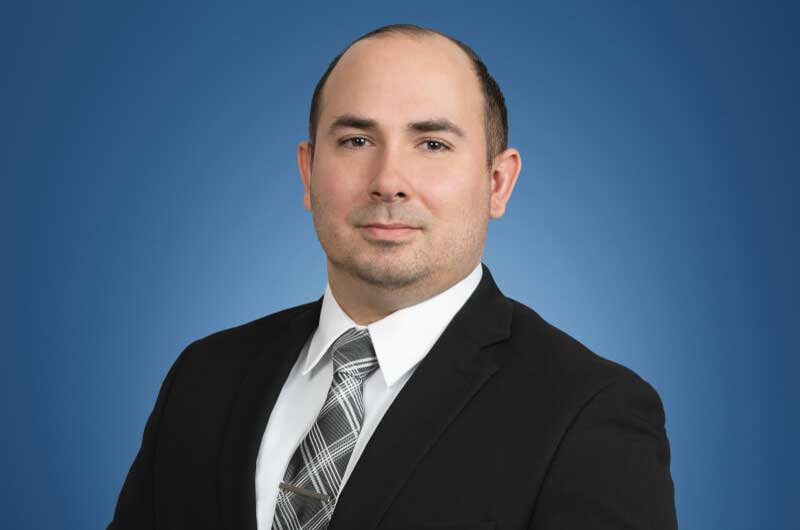One of the favorite tricks of insurance companied to avoid paying claims is to allege fraud by the insured. The fraud can be in the policy application, in causing the loss or in an alleged misrepresentation of the value of the loss. Even the slightest misstep by an insured can cause them to lose their entire claim. The question then becomes, what happened to other insured innocent of the alleged misconduct? My colleague, Jeffrey Greyber, explained Florida’s stance on this issue back in January: Innocent Co-Insured Doctrine. I figured it would be good to trace this issue back to my home state of New Jersey and see how the Garden State weighs in.
Historically, courts have held that all insureds under an insurance policy were joint and inseparable. Therefore, the wrongful act of one insured would be imputed to all insureds and bar recovery by anyone. Over time, courts recognized the harshness of this rule and have modified their approach accordingly. In New Jersey, liability for the fraud is several and separate as opposed to the joint liability seen under the historical rule.1 The Howell Court stated:
We hold that the trial court correctly determined that the fraud of the husband was no bar to recovery under the policy by the innocent wife. However, we reach this result irrespective of whether the interests of the wife and husband in the tenancy by the entirety, in the personal property, or in the contract rights under the policy are deemed to be joint or several. The significant factor is that the responsibility or liability for the fraud—here, the arson—is several and separate rather than joint, and the husband’s fraud cannot be attributed or imputed to the wife who is not implicated therein. Accordingly, the fraud of the co-insured husband does not void the policy as to plaintiff wife. (Emphasis added)
It is thus clear that the New Jersey Courts have ruled that the potential harm in denying coverage to an innocent coinsured outweighs the benefit given to a guilty insured by providing coverage.




